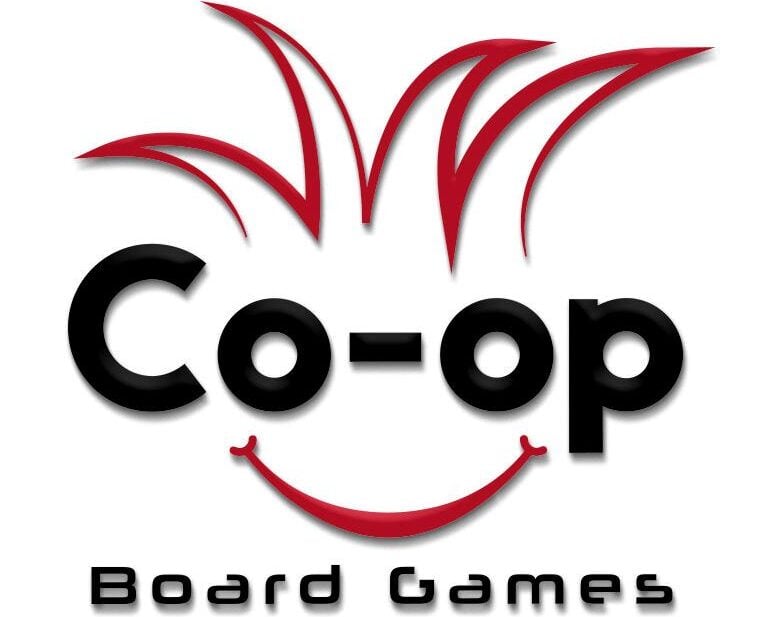How Board Games Can Help in a Child’s Growth
Raising a child is influenced by multiple factors. Social environments and the love and care parents provide are chief among these, but there are lesser-known ways that can supplement a child’s development.
During their formative years, games that engage their creativity and critical thinking skills are critical to developing their cognitive abilities. Encouraging play serves an essential role in ensuring that these abilities are honed as they grow.
It’s only a question of knowing what types of games are best suited for this. Parents may often believe that sports can provide their child with the space for building self-confidence, empathy, and problem-solving skills.
However, apart from athletic activities, board games can also provide a child with the same opportunities and even more. If you’re a parent looking to help build your child’s potential for success, here are a few reasons why getting them to love board games is essential.
1. Improving Their Mental Sharpness
Intellectual engagement serves a crucial role in a child’s growth across all stages of their development. It would be a good idea to expose your child to board games that allow them to build a capacity for higher-level thinking.
Chess and checkers encourage them to analyze a situation and solve problems through careful strategizing. Due to its elements and rules, chess provides children with opportunities to plan and analyze strategies before implementing them, functions made possible by their brains’ prefrontal cortex.
Another key benefit of playing board games is that it allows for better memory retention. Since each game offers a specific sets of rules, children who play them will have to remember them and use these rules in their favor to win a match or session. That’s because proper planning and strategizing go hand in hand with memory.
To win, players must analyze previous moves and matches, recall errors, and use such prior knowledge to get better. By exposing children to mentally stimulating board games earlier, parents can provide them with the means to succeed not just at school but also in life.
2. Enhancing Their Creative Capacity
Because of the mental stimulation provided by board games, the children playing them are likely to enhance their creative thinking skills.
Not only do they become adept at solving problems, but they also get better at generating new ideas and use their resourcefulness to overcome anything that gets between them and their goals. As your child grows, you may want to encourage them to play age-appropriate role-playing board games.
Unlike the ones they play on a console or PC, which are often restricted by set algorithms, classic role-playing board games such as Dungeons and Dragons provide ample space for their imagination to thrive.
Apart from the direct social interaction they get, these board games allow them more creative freedom when it comes to storytelling and character customization.
Other games like Catan and Dixit are excellent for kids who are passionate about crafting amazing stories they could use as the basis for creative projects later on.
3. Boosting Their Language Skills
If you want your child to improve at using a second language, some board games offer key elements that help expose them to vocabulary and grammatical functions that could hone their language knowledge. Scrabble is the perfect example of a board game that children will enjoy just as much as they get to learn unfamiliar words.
The game is a great way to help them build their reservoir of vocabulary knowledge along with their capacity for critical and creative thinking. To aid them in playing the game while they are still young, you should consider using a tool that allows your child to unscramble words and discover terms they could use to win, and indirectly learn.
Other games like Boggle and Codenames work just as well in helping your child develop their language competence. Other games like Loco Lingo have a different function in developing a child’s ability to use language to create clear and coherent storylines and, along with these, improve their ability to comprehend lengthy texts.
Whichever the case, board games that engage a child’s interaction with a second language can help them become better communicators and even enhance the way they acquire the second language.
4. Building Self-Confidence and Empathy
More than just a tool to nurture their competitive spirit, a board game can do wonders in improving your child’s self-awareness.
It’s by playing such games that they get to experience the joy of victory and the tragedy of defeat, both being equally important in helping them acknowledge their emotions as well as become aware of their strengths and weaknesses.
When they lose, children can be taught a lesson in analyzing the reasons why they lost and use that experience to inform their future decisions. This allows them to think and act in a way that doesn’t underestimate themselves and others.
More importantly, board games provide ample opportunities to talk about the value of sportsmanship and teamwork. When they compete with others, children can be directed towards extending grace to those who have lost.
Collaborative games also provide that chance, in addition to helping children become diligent followers, team members, and, more importantly, competent leaders.
Endnote
There’s a lot more that board games can offer at the table. It’s only a matter for you as a parent to choose which ones can support your child’s cognitive, emotional, and social growth

